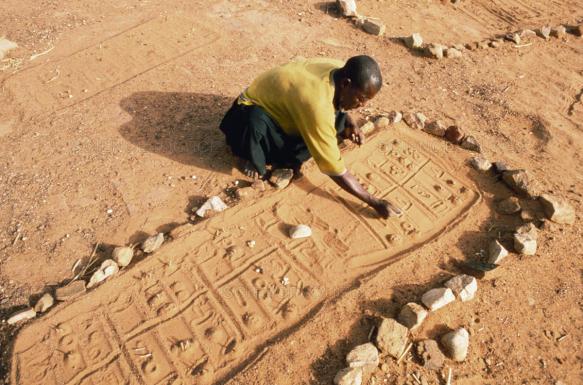
Hi there –
Just a quick post to let readers know that an interview I recently did for Steve James’ ‘Guru Viking’ Podcast has now gone live. This is the first of a series of interviews that Steve is hoping to put out where he quizzes me about my life, interests, and research, so it offers a broader overview of how I became an anthropologist focused on the study of Tibet and esotericism. Have a listen, if you feel so moved!
Here’s Steve’s introductory blurb for the interview, along with his time-stamped summary of the contents of what turned out to be a great chat. Would never have thought I’d see ‘Childhood Vision of Jesus’ indexed next to my face, but this world and every mind is indeed full of wonders that never cease.
Continue reading


